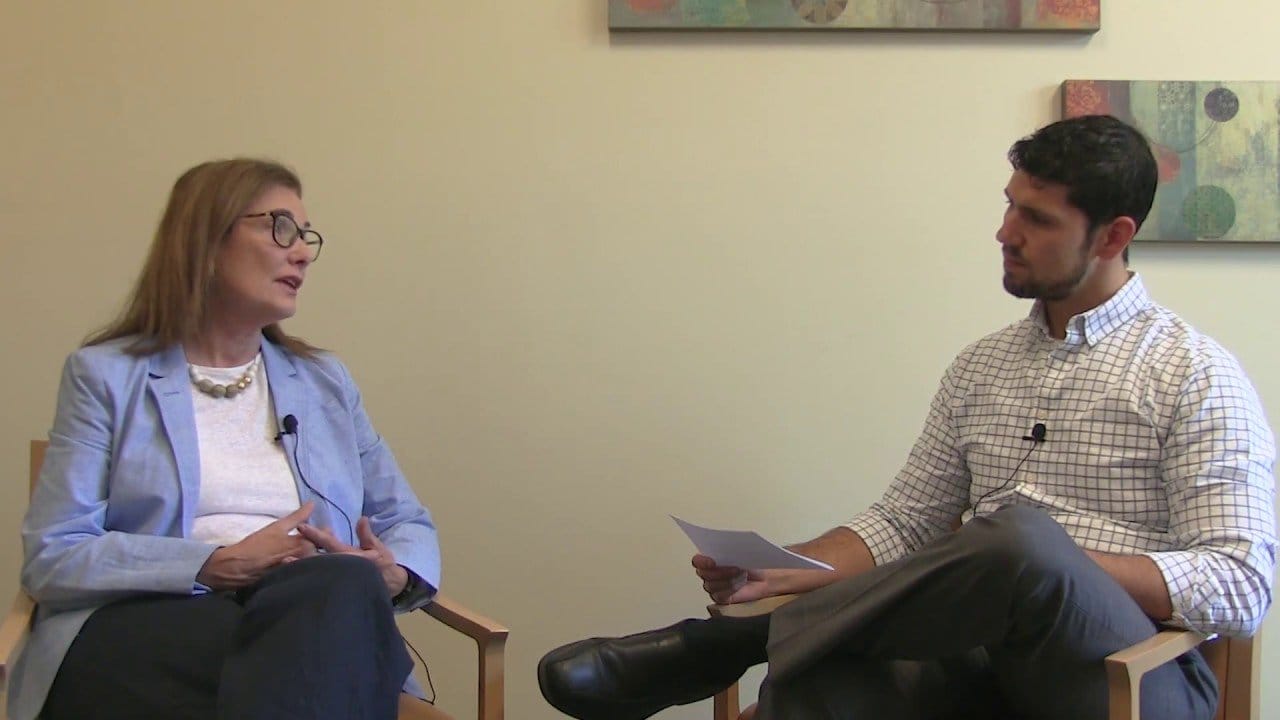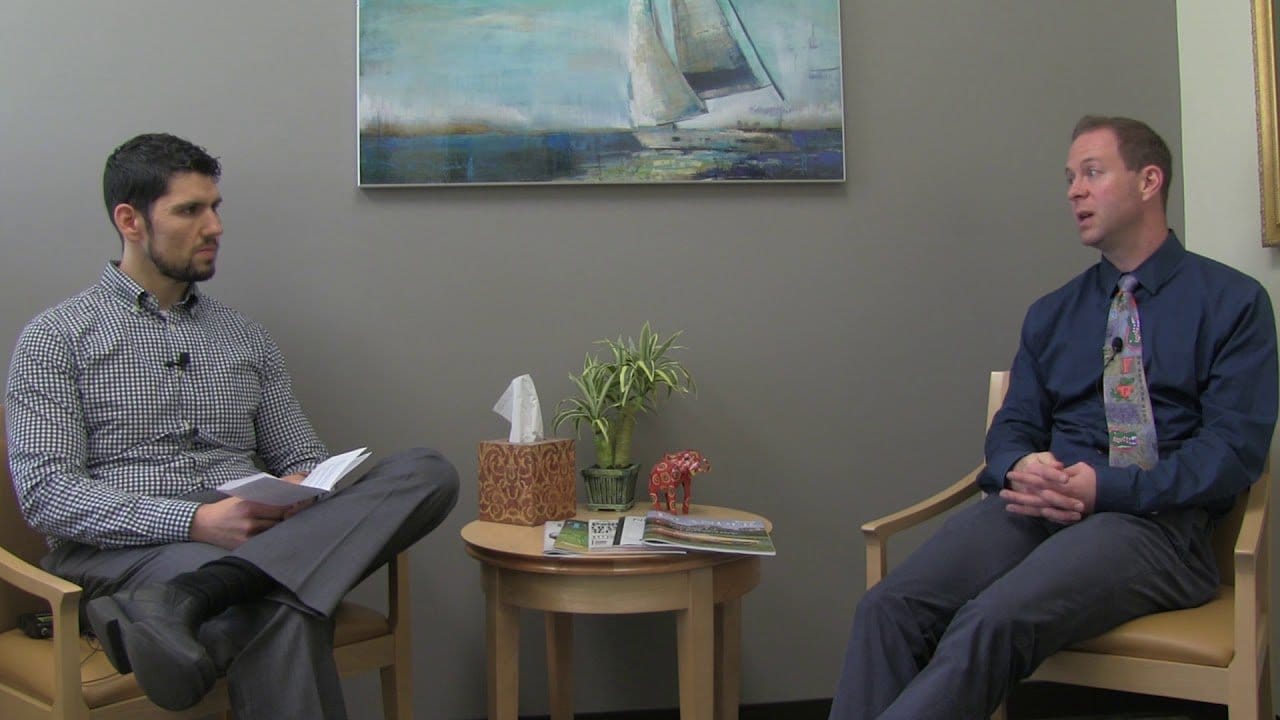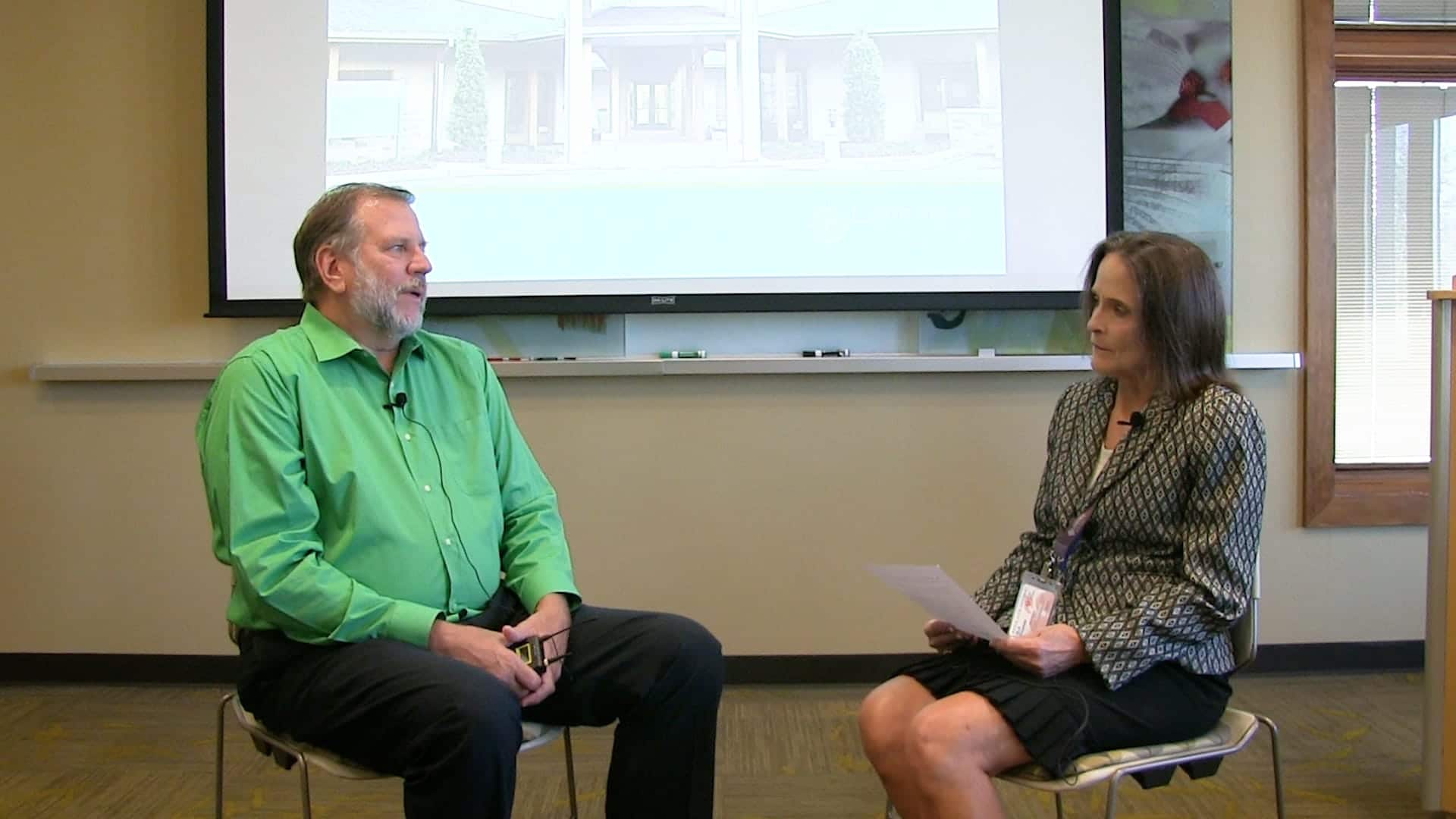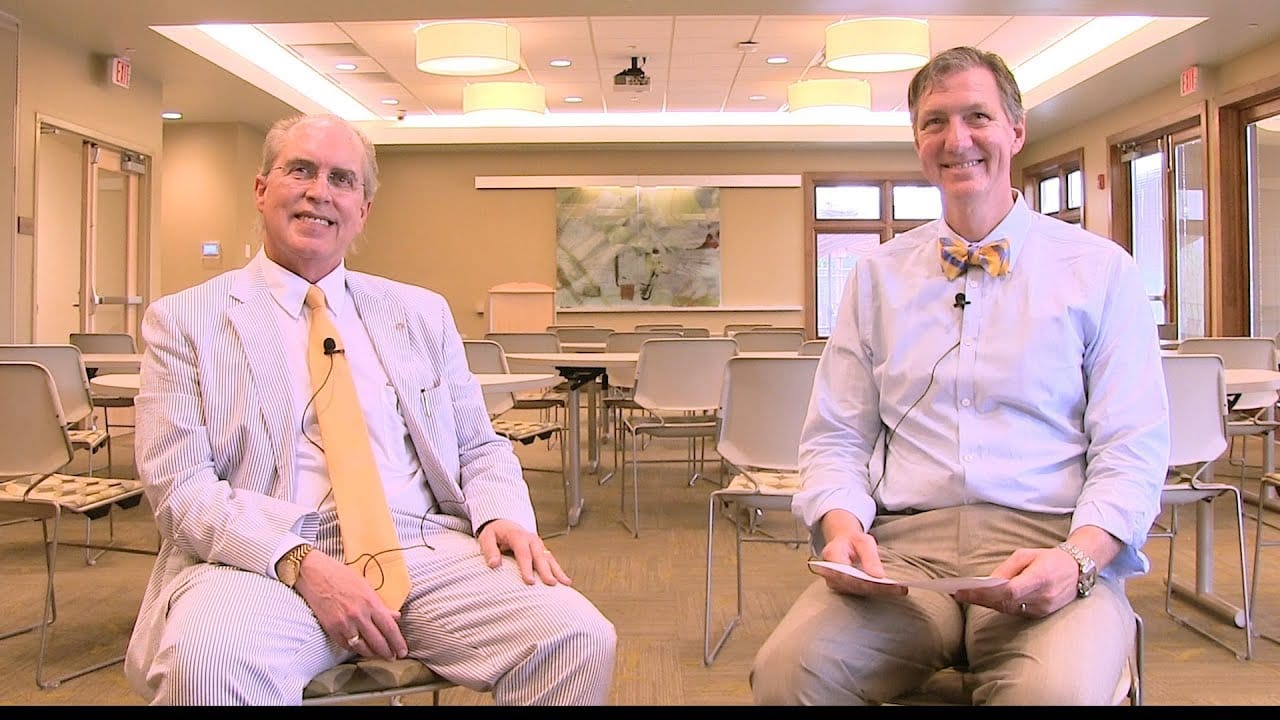Dr. Drew Edwards Interviews Michael J. Herkov, PhD
Transcript:
Drew Edwards: Welcome to the Lakeview Healthcare Podcast series. I’m Dr. Drew Edwards with Lakeview Health. With me is Dr. Michael Herkov, who’s currently a professor at the University of Florida in the Department of Psychology. Dr. Herkov also maintains a private practice as a mental health consultant to the Florida Board of Bar Examiners and to the Physicians’ Referral Network … Professionals’ Referral Network, and a consultant to the Florida Board of Psychology. Drew Edwards: Thank you for joining us today, Dr. Herkov. Michael Herkov: Sure. Happy to be here. Drew Edwards: Listening to your excellent presentation today, I was thinking about two things. One, you did a great job of explaining the effects of various mood altering substances on the brain, particularly the brain of teenagers, and then the short- and long-term effects as measured by some of the testing that you’ve been doing forever. Having said that, what are your concerns about what you see in the culture now and the kind of drugs that people are doing, the age of onset, and what are the things that are worrying you as a neuropsychologist? Michael Herkov: Sure. I think there’s a couple of things. The first issue is that all drugs of abuse maintain their effects by activating a pleasure center in the brain through the release of various neurotransmitters, but it’s much more significant than that. Not only does it do that, but it fundamentally changes the way that our brain develops. There are a number of pathways that take place in the brain in which the brain learns how to deal with the environment. When a person uses drugs or alcohol, especially drugs, their brain reorients so that the importance or the salience of the drug or obtaining that drug becomes paramount to them. Michael Herkov: Unfortunately, it has its most devastating impacts on the development of the adolescent brain. The adolescent brain develops from the back to the front and is probably not fully developed until about our mid-twenties. This period of early teenage years is a crucial time for brain development, and if that brain is altered by the presence of drugs of abuse, it fundamentally changes the trajectory of how that brain develops, so that long after the person might decide to stop using the drugs, those pathways, that learning that has taken place, remains, which leads to things like relapse. Michael Herkov: The other downside is that there’s data emerging that this adolescent brain that is affected to drugs can be fundamentally changed and damaged to a level that it may not recover fully, even after months, years, and in some cases, perhaps forever, from the drug use. It’s impossible to know who that will happen to and who it won’t happen to. Michael Herkov: My most significant concern is sort of the fundamental change that we’re having in society now about our attitudes towards drugs. As I said today, any drug that’s introduced by a pharmaceutical company is considered to be dangerous. It has to be proven to be safe, so a pharmaceutical company will spend decades and millions of dollars proving that. With drugs of abuse, it’s the opposite. They’re considered to be safe until we prove that they are in fact dangerous. The danger is pretty clear that the more permissive or the more accepting that a society is regarding drug use, the more use you will see in the population. The more use you see in the population, the more addicts that you will see develop. The more use you see in the population and the more accepted it is by the population, the younger the person will be, start using the drug. There’s good data to talk now that drug use amongst 17- to 12-year-olds is actually on an increase in states where we have developed a more permissive use towards legalization of a drug such as marijuana. We are setting ourselves up for what I think is a catastrophic end result in the next decade or two. Drew Edwards: You made the point, which was excellent, that in the developing brain, the prefrontal cortex and that area is really the brakes on hedonic mid-brain. So, those urges and impulses that we all have and we share with … I guess animals have those same structures in their mid-brain, but as the prefrontal area doesn’t develop, it seems that the hedonic brain then … It is the behavioral changes or the loss of behavioral control that’s so disruptive in society and the work that we’ve done. Talk about loss of behavioral control for a minute, both in the adolescent, which is a big concern, and in the long-term addict. Michael Herkov: Sure. Well, as you mentioned, the prefrontal cortex in fact does serve as that. It helps us pay attention to things. It helps us both to engage in behavior but also to inhibit behavior. Inhibiting behavior is very important in terms of development and success in society. We all have to be able to put off certain things to be able to establish certain goals, the delay of gratification. The drugs and the abuse come in and they hijack the brain, not only that rewards center we talked about, but the release of these neurotransmitter impairs these neurons’ ability to put on those brakes, for the adolescent to focus on what they need to focus on. So, their capacity to make the right decision at the right time, to engage in behaviors, not only to eliminate the drug use, but also to engage in pro-social behaviors that are in their self-interest, in fact decrease. The problem is that once those pathways are set up, they are very difficult to change and simply do not change by the taking away of the drugs. Long after the person stops, those deficits continue. Drew Edwards: Wow. With the cultural changing and the, as you said, the liberalization of attitudes certainly show us that perceptions of harm are inversely correlated with the amount of abuse and the prevalence of abuse. Drew Edwards: We could talk for hours, but we don’t have hours, so thanks for coming today. Your lecture and information was very valuable, and everyone appreciated it. For those of you who are interested in learning more about addiction and Lakeview Healthcare, you can visit us at lakeviewhealth.com or you can call and reach us 24/7 at 888-480-3799. Thanks for joining us. I’m Dr. Drew Edwards with Lakeview Healthcare.




